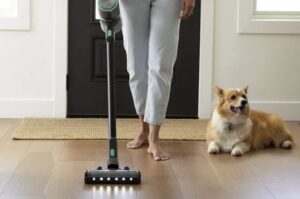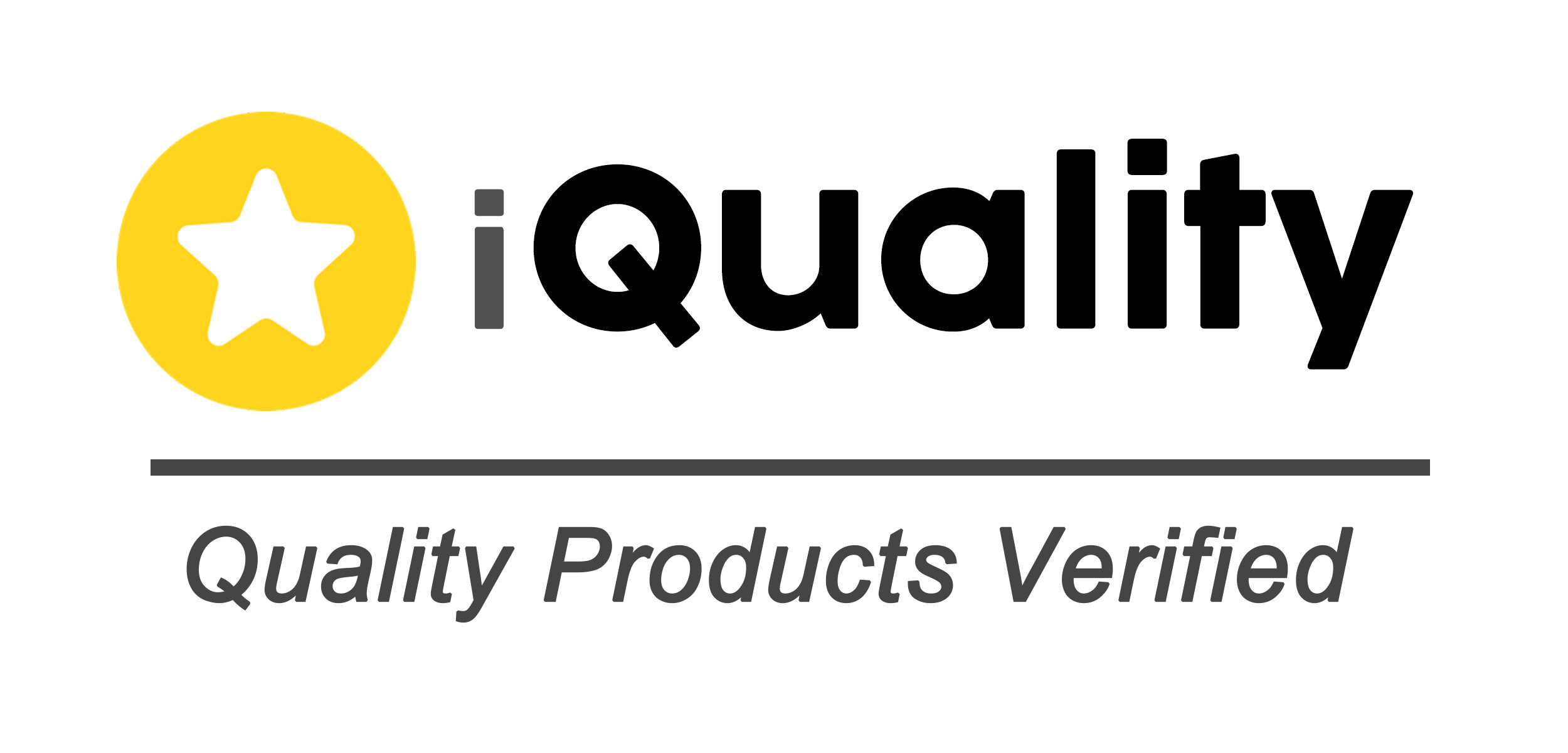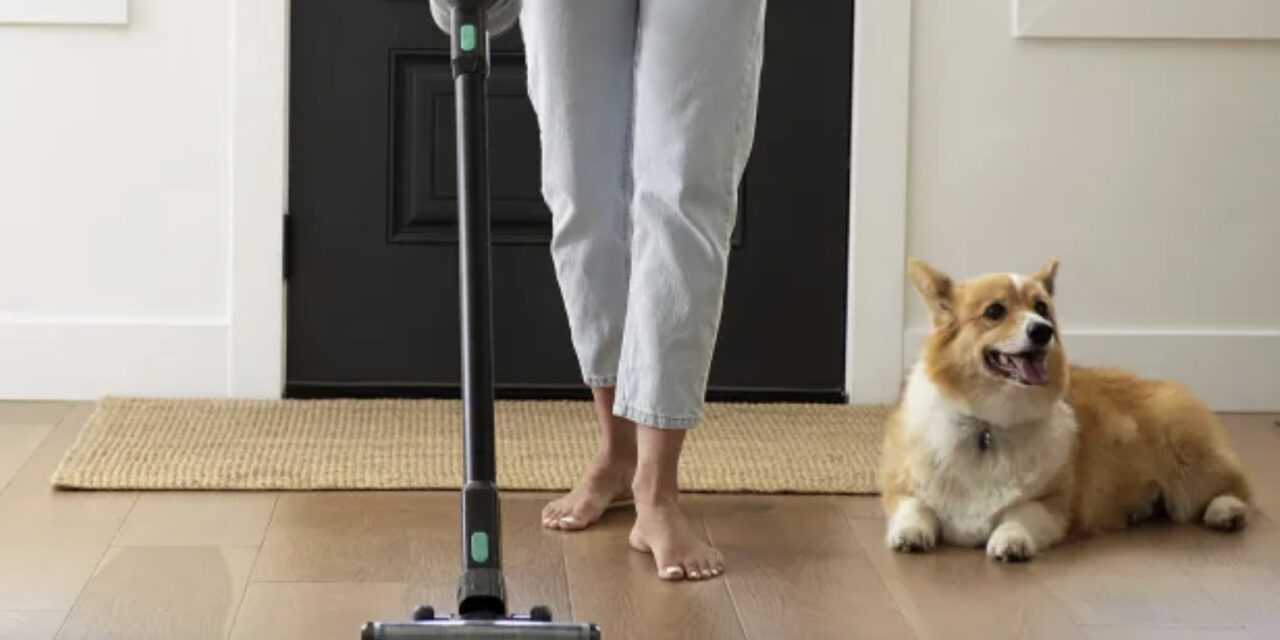 Keeping your home clean and tidy is essential for maintaining a healthy and comfortable living environment. However, investing in a quality vacuum cleaner doesn't have to break the bank. With a little research and consideration, you can find an inexpensive vacuum cleaner that gets the job done efficiently. In this blog post, we'll explore some key factors to consider when choosing an inexpensive vacuum cleaner that suits your needs and budget.
Keeping your home clean and tidy is essential for maintaining a healthy and comfortable living environment. However, investing in a quality vacuum cleaner doesn't have to break the bank. With a little research and consideration, you can find an inexpensive vacuum cleaner that gets the job done efficiently. In this blog post, we'll explore some key factors to consider when choosing an inexpensive vacuum cleaner that suits your needs and budget.
- Determine Your Cleaning Needs:
- Before you start shopping for a vacuum cleaner, assess your cleaning needs and priorities. Consider factors such as the size of your home, types of flooring, presence of pets or allergies, and specific cleaning challenges you may encounter.
- Determine whether you need a vacuum cleaner for light maintenance cleaning, deep cleaning, or tackling pet hair and allergens.
- Choose the Right Type of Vacuum Cleaner:
- There are several types of vacuum cleaners available, each with its own advantages and limitations. Common types include upright, canister, stick, and handheld vacuum cleaners.
- Upright vacuum cleaners are ideal for deep cleaning carpets and larger areas, while canister vacuum cleaners offer versatility for both carpets and hard floors. Stick and handheld vacuum cleaners are lightweight and compact, suitable for quick cleanups and hard-to-reach areas.
- Consider Bagged vs. Bagless:
- Bagged vacuum cleaners require disposable bags to collect dirt and debris, which may incur additional ongoing costs. However, they tend to offer better filtration and containment of dust and allergens.
- Bagless vacuum cleaners have reusable dustbins that you can empty and clean, eliminating the need for disposable bags. While they may be more cost-effective in the long run, they may require more frequent maintenance and can be messier to empty.
- Evaluate Filtration and Allergen Control:
- If you or your family members suffer from allergies or asthma, consider a vacuum cleaner with effective filtration and allergen control features.
- Look for vacuum cleaners with HEPA (High-Efficiency Particulate Air) filters, which trap small particles and allergens, preventing them from being released back into the air.
- Consider models with washable filters or sealed systems that prevent dust and allergens from escaping during vacuuming.
- Check Suction Power and Performance:
- Suction power is a crucial factor in determining a vacuum cleaner's effectiveness in picking up dirt and debris. Look for models with strong suction power and adjustable settings for different floor types.
- Consider features such as brush rolls or agitators that help loosen and lift dirt from carpets, as well as attachments and accessories for tackling upholstery, stairs, and crevices.
- Compare Features and Accessories:
- While you may be shopping for an inexpensive vacuum cleaner, don't overlook important features and accessories that enhance usability and versatility.
- Look for vacuum cleaners with features such as adjustable height settings, swivel steering, retractable cords, and onboard tool storage for added convenience.
- Consider the availability and affordability of replacement parts, filters, and accessories, as well as the warranty coverage provided by the manufacturer.
Conclusion: Choosing an inexpensive vacuum cleaner doesn't mean compromising on quality or performance. By considering your cleaning needs, selecting the right type of vacuum cleaner, evaluating bagged vs. bagless options, prioritizing filtration and allergen control, checking suction power and performance, and comparing features and accessories, you can find a budget-friendly vacuum cleaner that effectively meets your cleaning requirements. Invest in a quality vacuum cleaner that helps you keep your home clean and fresh without breaking the bank.


